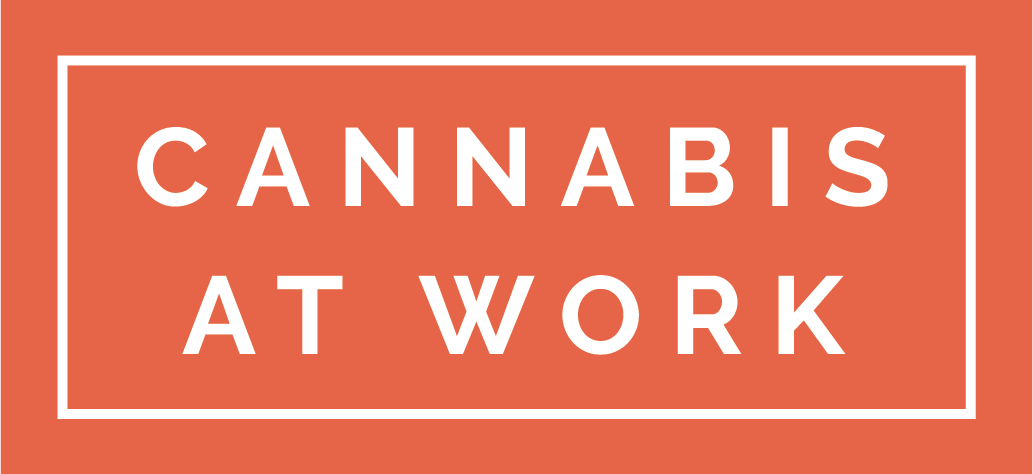Cannabis legalization is coming in Canada and with it is coming a new business sector. Economic growth, tax revenue and job creation are the exciting upside of this emerging industry.
What does this mean for jobs?
Let’s look at a US example. Colorado is one of four US states with recreational cannabis sales and made $996 million dollars in tax revenue in 2015. That’s almost a billion dollars people! Along with that came a budding job market and a decreased unemployment rate.
Types of Jobs
Like other businesses, the cannabis industry will have a need for traditional roles in areas like finance, marketing, human resources, operations and IT.
We will also see an emergence of jobs that are new or were previously underground.
We will see a lot of customer service jobs like budtenders and patient consultants. There will be jobs in cultivation like master growers, trimmers and irrigation specialists. There will be jobs in laboratories and testing centres for scientists, chemists and technicians. We will see ancillary jobs like security and delivery.
Where to look for cannabis jobs
There are a number of cannabis specific job sites like Get Budding although many have predominately American job opportunities. Other Canadian cannabis blogs have job listings too, like the jobs section on Lift.
Events are always a great place to meet people and connect in person. There are a number of Women Grow chapters in the US and Canada, where women and men in the cannabis industry can network in a professional setting.
Other forums, expos or industry events are great opportunities to meet new people.
Experience not needed
The good news is you will be able to enter the cannabis industry without direct experience because there isn’t a large, experienced applicant base in this sector. However this will change quickly as the industry matures and there is qualified pool to draw from.
If you want to get a leg up on the competition, consider volunteering or some other means of gaining experience in the industry.
Canada’s cannabis job market is in its infancy but will change rapidly as we get closer to legalization.
This article was originally published on Civilized. View it here.

